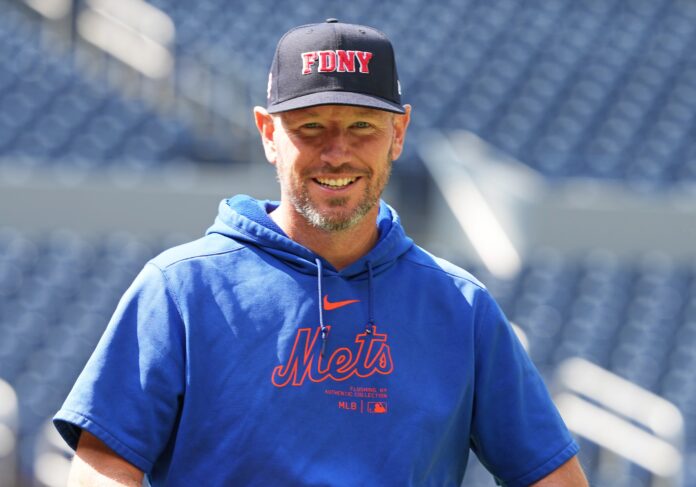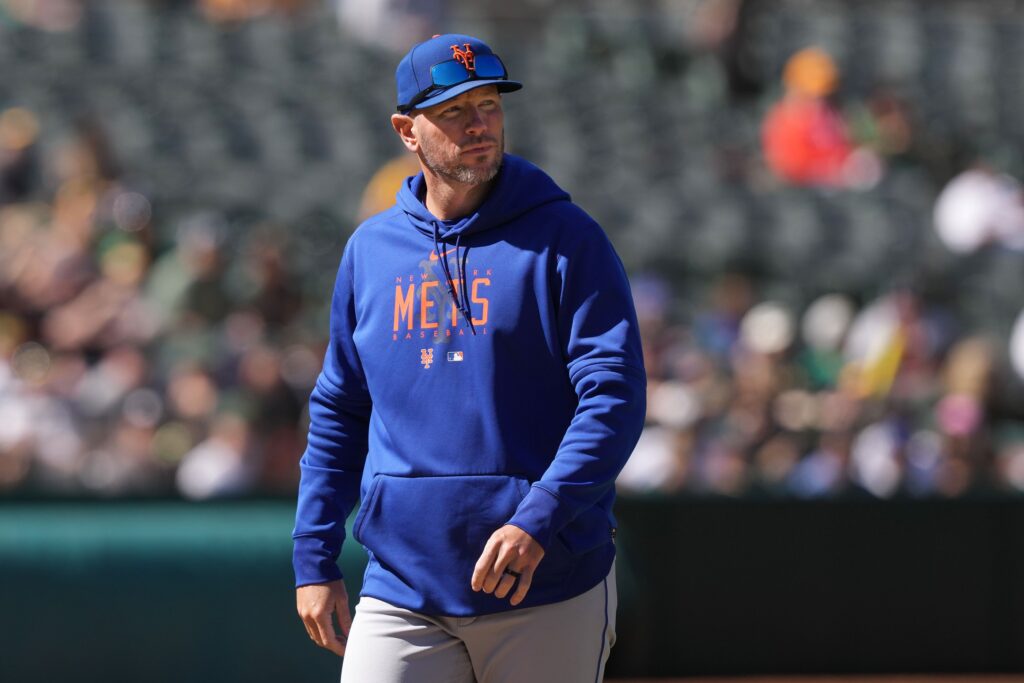
The Braves have made a calculated move by naming Jeremy Hefner as their new pitching coach, working under freshly appointed manager Walt Weiss. At 39, Hefner’s trajectory from the dugout to the bullpen has been quietly methodical, understated, perhaps, but not definitely unnoticed.
A Steady Ascent Through the Ranks

Hefner’s path into coaching began in Minnesota in 2017, a soft landing after his playing career concluded. He initially joined the Twins as an advance scout, offering a cerebral layer to the team’s pregame preparation. By 2019, he’d been promoted to bullpen coach, serving under Rocco Baldelli, who was in his first year as Minnesota’s manager. But Hefner’s tenure in Minnesota was brief. After just one season in that role, he was poached by the New York Mets, where he became their pitching coach heading into the 2020 season.
That position would define the bulk of his coaching identity. For six seasons, Hefner navigated the ever-shifting sands of the Mets’ clubhouse culture—surviving three general managers and two managerial regimes. That kind of longevity is rare in a high-turnover environment, especially for a coach tethered to the pitching staff’s performance. Yes, the Mets cut ties with Hefner after a disappointing 2025 season, one in which they faltered down the stretch and missed the playoffs despite months of contention, but that doesn’t overshadow the broader story. Under his watch, the Mets’ pitchers were often reliable, and occasionally excellent. Even in 2025, with the team finishing a middling 18th in ERA (4.03), Hefner’s ability to extract consistency from a rotating cast of arms shouldn’t be overlooked.
The Braves Untapped Potential on the Mound
The Braves ended 2025 with the 22nd-ranked ERA in baseball (4.36), a mark that fell far below expectations for a club with postseason ambitions. And yet, there’s promise. Atlanta ranked ninth in strikeouts (1,416), a sign that the talent, at least in terms of raw stuff, is already embedded within the roster. The challenge, and opportunity, for Hefner lies in converting that strikeout upside into more consistent run prevention. This is not a reclamation project; it’s refinement.
Hefner is being brought in to lead that transformation. His history with a variety of arms in New York, from veterans to unproven prospects, gives him a well-rounded toolbox. His communication skills and ability to adapt across coaching staff and front offices suggest he’s not just a technician but also a collaborator.
A Pitcher’s Perspective at the Helm
As a former pitcher himself, he logged parts of two seasons with the Mets from 2012 to 2013. Hefner brings the practical insight of someone who’s toed the rubber on major league mounds. His playing career wasn’t defined by accolades, but by resilience. In eight minor league seasons, he managed a 3.96 ERA over 868 innings, while bouncing through the Padres and Cardinals systems before finding big-league time with New York. That grind, that persistence, now informs his voice as a coach.
For the Braves, who continue to blend analytics with tradition, the hiring of Jeremy Hefner may not be flashy, but it is, in every sense, strategic. His presence marks the start of a new chapter for Atlanta’s pitching infrastructure, one that could pay dividends quickly if the underlying pieces align.





